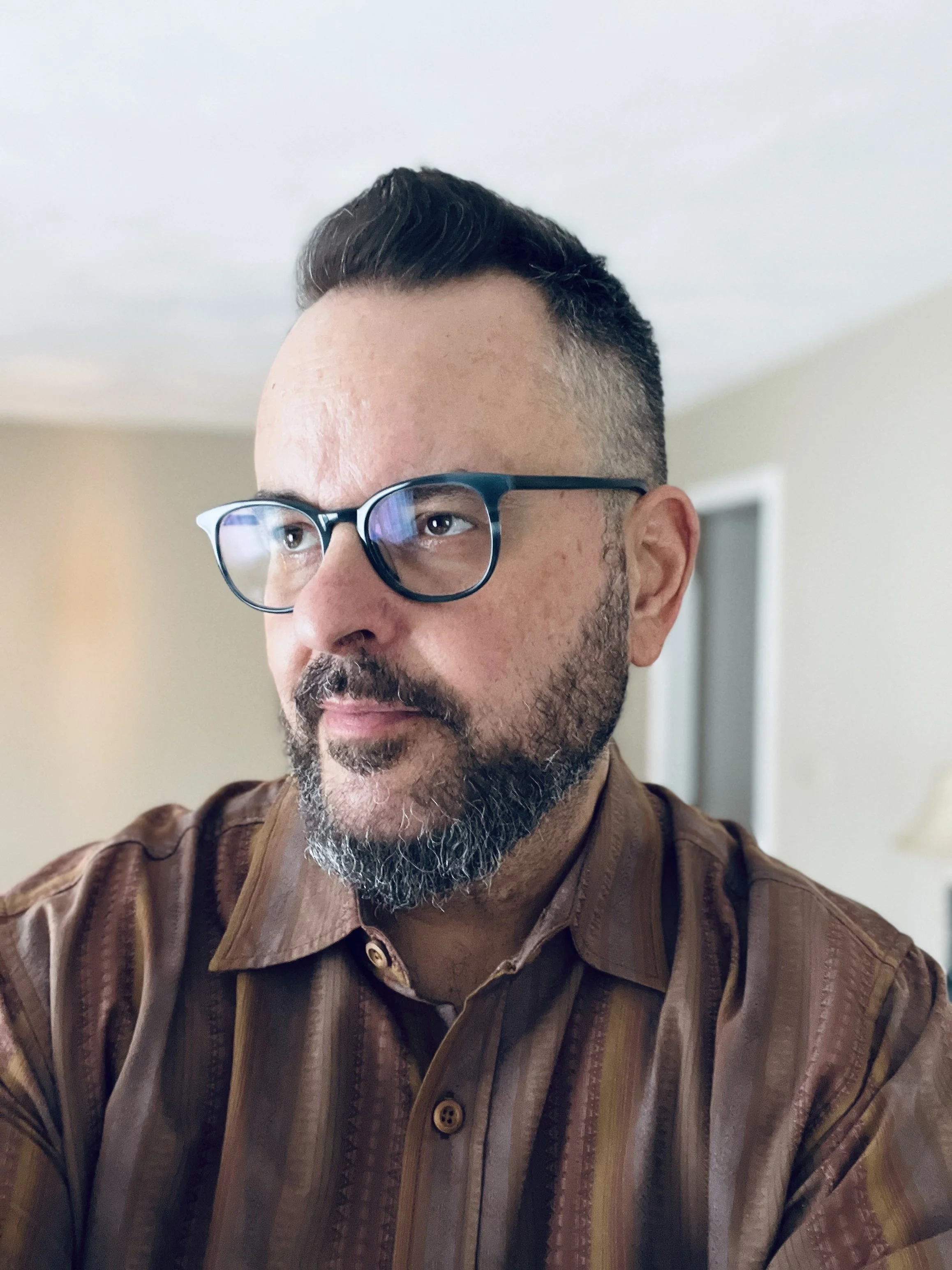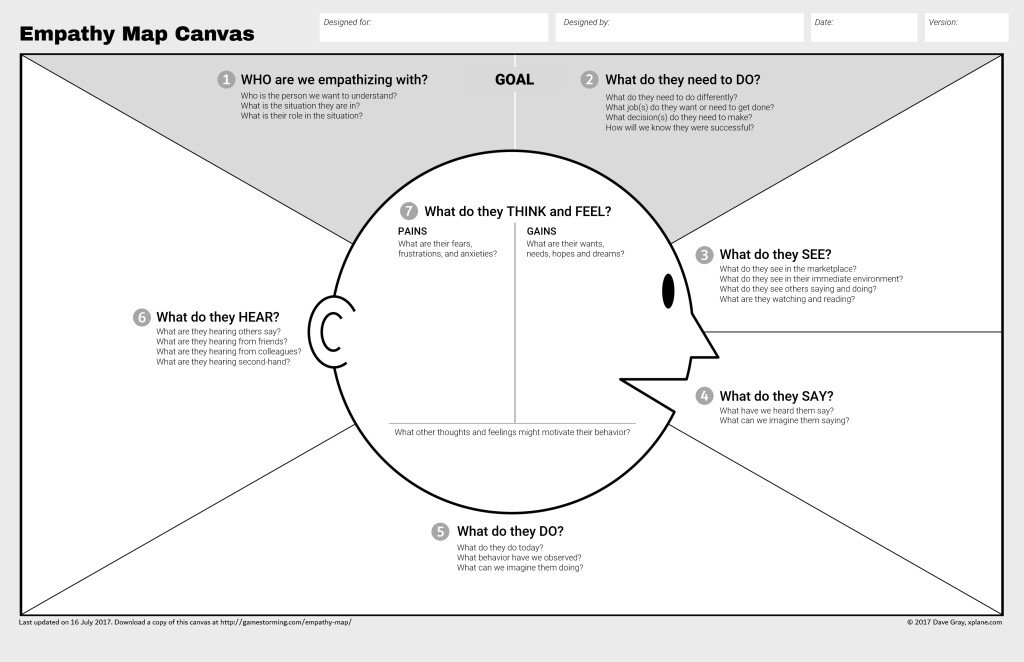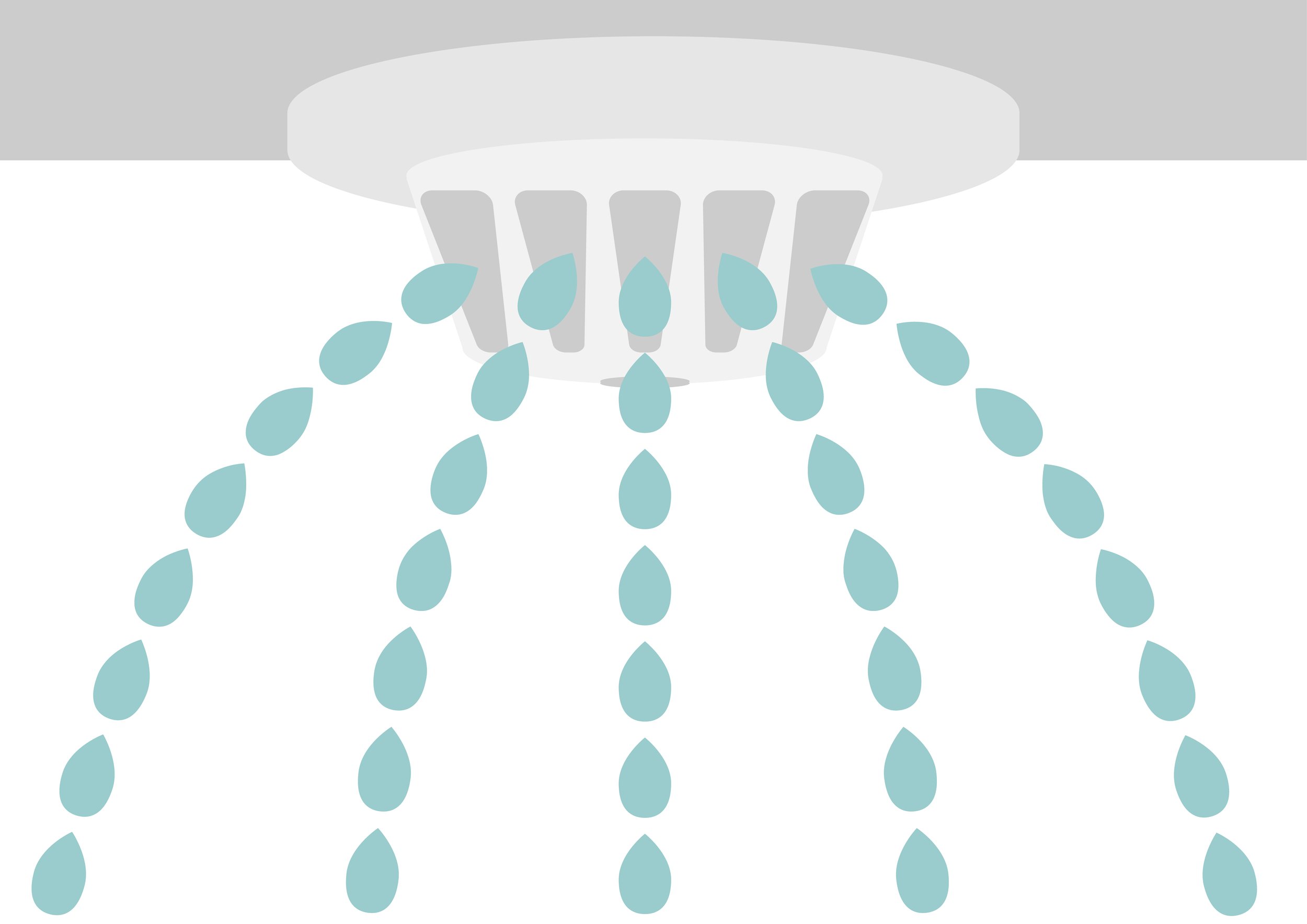“His sheep hear his voice, but I must be deaf to it.”
For most of my life, I’ve had to rely on other people hearing the voice of God for me. It was rare that I would ever hear God’s voice outside of the Scriptures. No amount of books on prayer, journaling exercises or formulaic approaches to prayer had worked. I was stuck in an echo chamber and the only voice bouncing back was mine.
Developing shared Thoughts with God
Then my cancer returned and I turned to stories for hope. As I read accounts of verifiable miraculous healings and God-encounters, my spiritual sonar opened up. Stories became possibilities. As I prayed out of desperate hope, I began to experience what Dr. Jim Wilder calls, “Mutual Mind,” or shared thoughts with God. But it was subtle. I had to pay attention to my internal dialogue for the cues.
Honoring the subtle
What I really wanted to hear was a loud voice, an obvious voice, an unmistakable voice. Revelatory dreams or dramatic encounters with angels would have been reassuring. What I got was subtle impressions.
Throughout the last five months, I have received a series of what I’d call “divine impressions” from God. The specific message was often posed as a question, “What if the cancer cells are no longer malignant?” What if things are not as they seem?
How did I know this wasn’t wishful thinking? Or a psychological projection of my deepest needs? Here’s how I sensed something different was happening:
The thoughts were in my own head, but came from outside of me.
I couldn’t trace the thoughts back to a logical starting point: they simply materialized.
These impressions came five different times, over a period of months. Confirmation was built through continuity. I also knew that it was important to ask someone else to pray with me to see if they received confirmation of the word I was hearing. This would be someone whose discernment I trusted. So my mentor and friend, Doug, took several days to pray and came to the same conclusion: This was God speaking.
Confidence Level?
It’s important to note that at no time did I have 100% confidence that I was hearing the voice of God. At best, I had 65-75% confidence that these impressions were authentic messages from his Spirit. Some days, a 50-50 percentage was all I could hold onto.
“Flimsy Impressions”
The final impression I received came through a story told by Jack Deere, a seasoned pioneer in prayer for the sick. In an interview, Jack Deere, a younger apprentice at the time, recounted a conversation with John Wimber — “the most loved and hated pastor in America”—because Wimber was despised by conservative evangelicals for his ability to train people in the gifts of the Spirit.
During a conference, Wimber sensed there was a woman in the audience with cancer; a woman unknown to him. From the platform he said, “You flew in on Tuesday. You’re wearing a pink dress, sitting in the back of the room. Would you please come down so we can pray for you.” How did Wimber know this?!
A woman with cancer in a pink dress came forward from the back of the room.
Bewildered, Jack Deere later approached Wimber; “That word of God must have sounded like a loud foghorn in your mind.” To which Wimber replied, “Oh no; if I hadn’t been paying attention, I would have missed it.” So Jack, unconvinced, peppered Wimber with questions:
Deere: “How did you know she came in on Tuesday?”
Wimber: “I saw Tuesday float past my mind, and a lot of people come early to conferences to visit our beautiful Southern California.”
Deere: “But, Pink dress; sitting in the back?!”
Wimber: “When she didn’t come down intitially, I saw a pink splotch floating over the back of the room; and I just thought that meant she must be wearing a pink dress, sitting in the back of the room.”
Deere: “John, you just called out that woman to come forward in front of 3,500 people, based on those flimsy impressions?!”
Wimber: “Yeah, I do it all the time. That’s just the way the Lord speaks to me; and I’ve had better success learning to pay attention to these impressions than trying to get God to speak to me the way I want him to.” (1)
Trusting my “flimsy impressions”
To be clear, my own “flimsy impressions” came over a period of months, stacking upon each other, building my confidence in their veracity. I also asked someone else to verify those impressions by their own prayers. But at no time did I have 100% confidence in what I was hearing…until last week’s biopsy report came back and found “no cancer present.” At that point I knew God had spoken. The recurring series of impressions indicating “The cells are no longer malignant” was trustworthy divine counsel.
Most importantly, for the first time in 58 years, I could trust my own ability to directly hear God’s counsel. Though I will continue seeking the confirmation of others, testing what I am hearing, I am no longer suffering the shame of being the sheep who couldn’t hear his Shepherd. His voice is getting through.
This is the healing-beyond-healing. Curing the cancer was only part of the miracle: curing the man was the unexpected surprise.
Source:
(1) YouTube: “Training in the Gifts: Panel Discussion with Matt Chandler, Jack Deere, Sam Storms, and Jeff Wells”



































